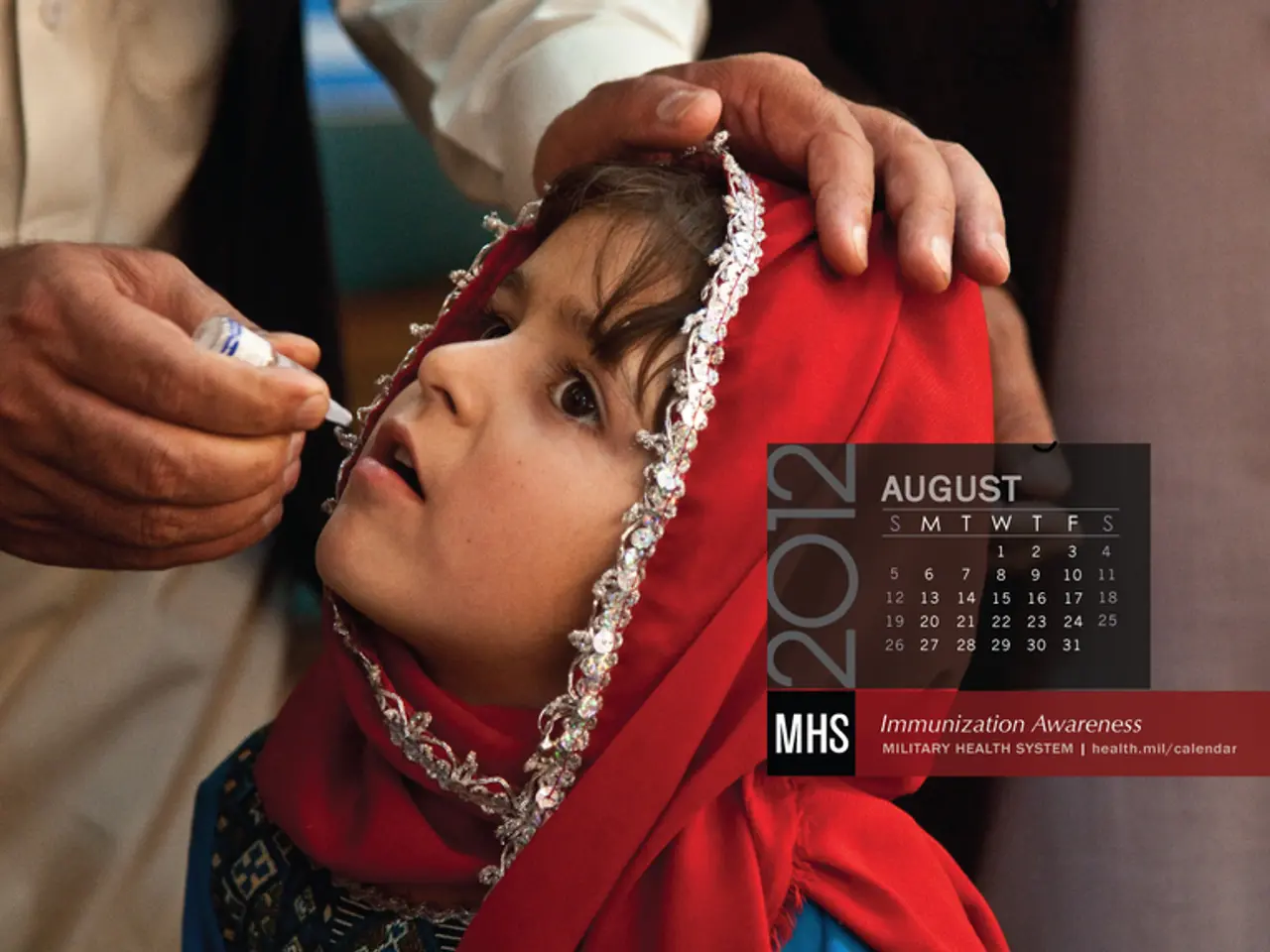HPV Vaccine: Protecting Against Cancer-Causing Strains
Human Papillomavirus (HPV) is a common infection that can be spread through skin-to-skin contact or sexual activity. Nearly 80 million people in the United States are currently infected, and many more will get it at some point in their lives. While some types cause no symptoms, others can lead to serious health issues, including cervical cancer.
The HPV vaccine is a safe and effective way to protect against several types of HPV-related diseases. It is particularly effective against HPV types 16 and 18, which are linked to certain cancers. Some vaccines also protect against strains that cause genital warts. Common side effects are mild, with most people experiencing redness or rash at the injection site. Headaches may also occur, but severe allergic reactions are rare.
The recommends that preteens receive the HPV vaccine around the age of 11 or 12. This is because the vaccine works best when given before a person becomes sexually active. While the vaccine doesn't protect against all HPV-related cancers, it can significantly reduce the risk of those it does cover. Alongside vaccination, using condoms or other barrier methods during sex can also help prevent HPV.
In conclusion, HPV is a common infection that can have serious health implications. The HPV vaccine is a safe and effective way to protect against several types of HPV-related diseases, including certain cancers. It is recommended for preteens around the age of 11 or 12, and should be used in conjunction with safe sex practices.






